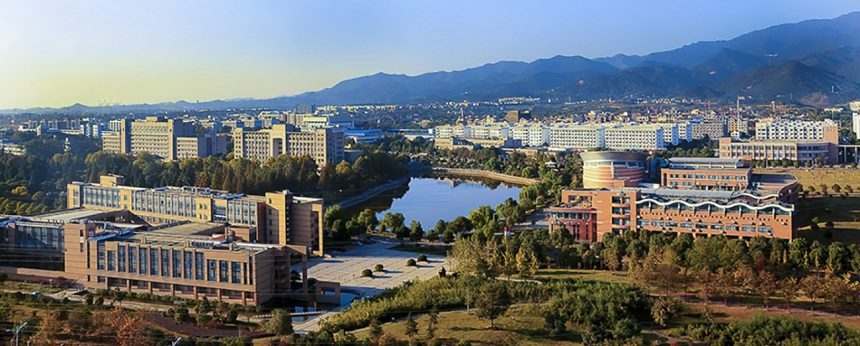Zhejiang Normal University, established in 1956, has grown into one of China’s most prominent institutions, renowned for its expertise in teacher education and international studies. Originally focused on training teachers within Zhejiang province, the university has since expanded its academic offerings and international reach, adopting a name that reflects its mission in teacher-focused education. Today, Zhejiang Normal University stands out not only for its academic programs but also as a center for fostering international cooperation, particularly with African nations.
The university has cultivated a strong connection with Africa, establishing itself as a leading destination for African students studying in China. Its Institute of African Studies includes specialized study areas and an impressive collection of African artifacts, some of which date back centuries, providing students and visitors with an authentic glimpse into African history and culture. Through these resources, students, scholars, and visitors can explore African history, politics, and cultural heritage, enhancing mutual understanding and promoting cultural exchange. This focus reflects China’s broader commitment to strengthening ties with Africa, and Zhejiang’s programs provide a unique platform for shared learning and connection.
To support its international students, Zhejiang Normal University offers a variety of scholarships, including several specifically targeted at students from Africa. These scholarships, funded by both the Chinese government and the university, allow students from developing countries to access high-quality education and technical training, often in fields like education, business, and healthcare. Many African students rely on these scholarships to build skills they can apply in their home countries, supporting long-term development and fostering China-Africa collaboration.
The university also maintains a close relationship with Somali students, who are among the many African students seeking advanced education in China. Somali students have found a supportive academic environment at Zhejiang Normal University, where they pursue fields like medicine, engineering, and economics. The institution helps these students integrate into campus life through mentorship, cultural events, and academic support, providing a foundation for success during and after their studies.
Its emphasis on African partnerships has attracted attention as a model of China-Africa cooperation in education. Through conferences, collaborative research, and cultural programs, Zhejiang Normal University has created a vital platform for students and scholars from both regions. The university’s alumni, many of whom return to Africa with professional expertise and a deep understanding of Chinese culture, continue to strengthen these bonds.
To sum up, Zhejiang Normal University has become more than an academic institution—it is a bridge between Africa and China, where education, cultural heritage, and mutual respect intersect. As China and African nations work toward shared goals, Zhejiang stands poised to play an even greater role in shaping the next generation of leaders, promoting development, and deepening China-Africa ties through knowledge and cultural exchange.





